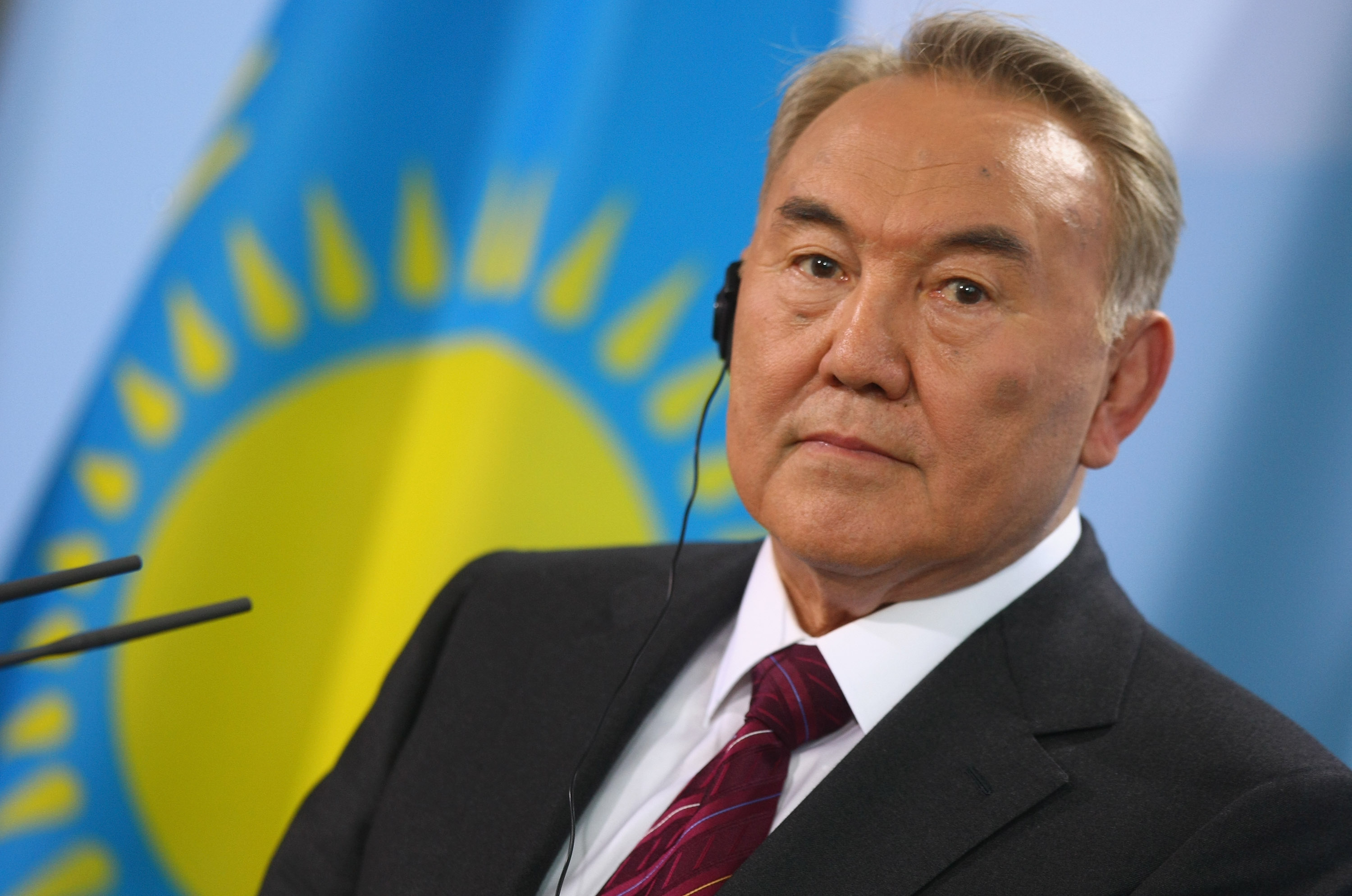(Originally posted on Daily Kos)
Reporters without Borders (RWB) today issued its “Enemies of the Internet” report, exposing state censorship of free speech and expression around the world. Topping the group’s list were Burma, China, Cuba, Egypt, Iran, North Korea, Saudi Arabia, Syria, Tunisia, Turkmenistan, Uzbekistan and Vietnam.
While the United States is not on the list, RWB and Amnesty International earlier in the week highlighted the role of U.S. companies in internet censorship by calling on Microsoft, Yahoo! and Google to uncensor their search engines and blogging portals, even if just for a day, on the World Day Against Cyber Censorship (today March 12th).
The call on the companies is a reminder that censorship does not just happen by states acting alone. The very companies that provide access to information on-line are actively participating in the restriction of such access.
So, what happens when U.S. companies adopt the censorship practices of other countries rather than export the ideals of free speech that are largely granted to users in their homeland?
There is a clear need for regulation. While the industry has begun attempts at self-regulation, they have made far too little progress in far too much time. Rep. Chris Smith has been vigilant in trying to pass the Global Online Freedom Act, which would bring about transparency in state requests of U.S. firms to censor protected speech, and help the companies to refuse such requests, with the backing of the U.S. government.
To date, the companies have opposed the bill’s chances of becoming law.
If RWB and Amnesty’s call for one day of freedom from online censorship goes unheeded by the companies, it in itself will speak volumes — how can we expect them to make meaningful strides in their ongoing operations if they can’t even commit to a one-day, mostly a symbolic gesture?
If the U.S. doesn’t want to find itself on the “enemies” list one day, it needs to step in and regulate companies based in its soil that are essentially partners in the crackdown on free expression occurring across the world.




